Discover the ultimate European Roadtrip
Route Napoléon
Cannes - Grenoble
Route Napoléon
Stop 1: Promenade de la Croisette 1/12
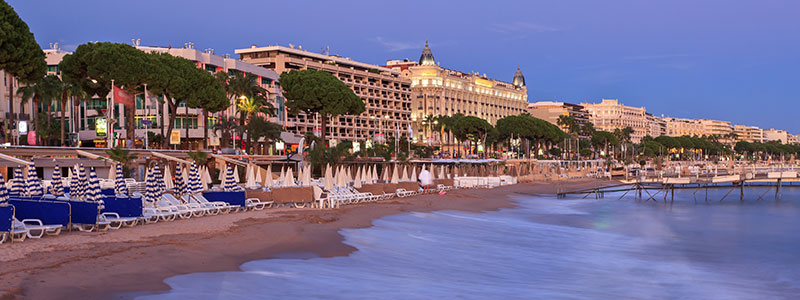
Promenade de la Croisette is the main thoroughfare in Cannes, and while the city itself isn’t on the official Route Napoléon – which is signposted by statues of the French Imperial Eagle, plaques and monuments – this sun-kissed boulevard is too luxurious to miss. Boutiques, restaurants and glamorous hotels line one side, with beaches and the azure Mediterranean Sea on the other. Stroll along the spacious walkway, following in the footsteps of international stars who jet in for the prestigious Cannes Film Festival every year. When night falls, enjoy a waterfront dinner beneath the stars.
Route Napoléon
Stop 2: The Castle Museum 2/12
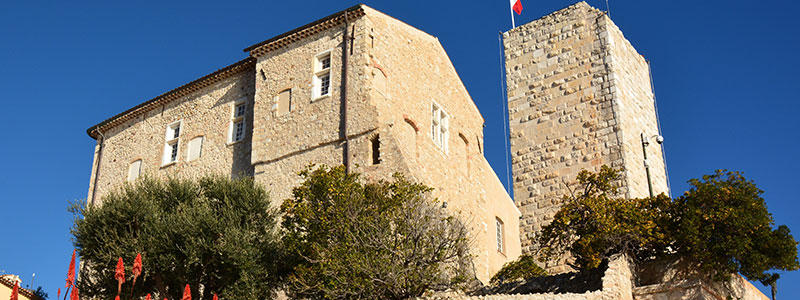
Minutes away from the coastal resort of Golfe-Juan – where Napoleon embarked on his triumphant march – you’ll find the small community of Vallauris with its rustic castle. Once a priory, today it serves as a ceramics museum, as well as showcasing the works of Italian painter Alberto Magnelli and hosting the National Picasso Museum. The ceramics on display include evocative pieces from the Art Nouveau and Art Deco movements, while Magnelli’s abstract paintings from the first half of the 20th century are the perfect foil for Picasso’s War and Peace composition.
Route Napoléon
Stop 3: The Museum of Perfumes 3/12
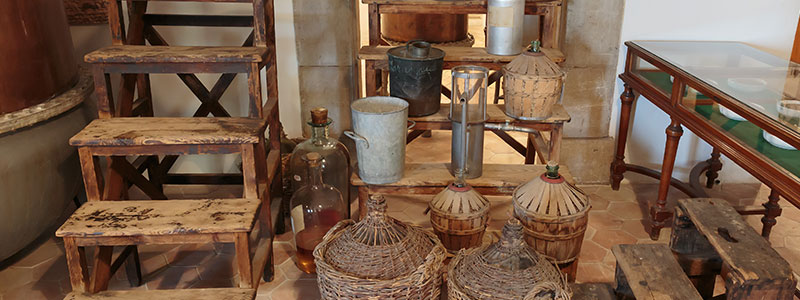
Never mind your GPS, let your nose lead you to Grasse – considered the world capital of perfumes. The industry has thrived here since the 1700s, and today the town continues to make most of the aromas for perfumes in France, as well as training parfumiers. Learn the sweet scent of the trade at Fragonard’s factory on a guided tour, head to Musée International de la Perfumerie to see vintage equipment, and even indulge in your own fragrance-making experience.
Route Napoléon
Stop 4: The Citadel 4/12
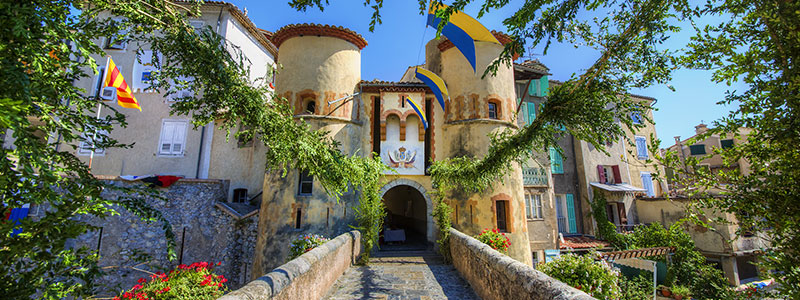
In the heart of Haute-Provence, Entrevaux is a tiny village with a lot to offer. The old citadel rises above the royal town, originally built in the 11th century to protect against Saracen invasion. The current citadel hails from the 17th century, with the bridge, towers and portcullis added in 1658. This place has seen wars, sieges and even housed German prisoners during World War One. Walk up the winding slope, peer from the turrets and explore the Gunpowder Magazine Museum.
Route Napoléon
Stop 5: Notre-Dame du Roc 5/12
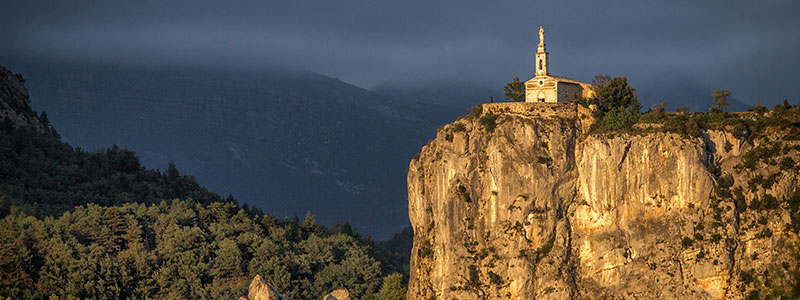
The pretty village of Castellane is notable for two things. Firstly, Napoleon and his swelling ranks of followers passed through here on their famous march more than two centuries ago. Secondly, the Chapelle Notre-Dame Du Roc, the tiny but treasured church that perches on a rock pillar rising some 600 feet above the town. The present church is mostly 18th century, although there’s evidence of a place of worship here dating back to the 9th. Park in town and tackle the climb on foot – it’s worth it for the views.
Route Napoléon
Stop 6: Saint Jerome Cathedral 6/12
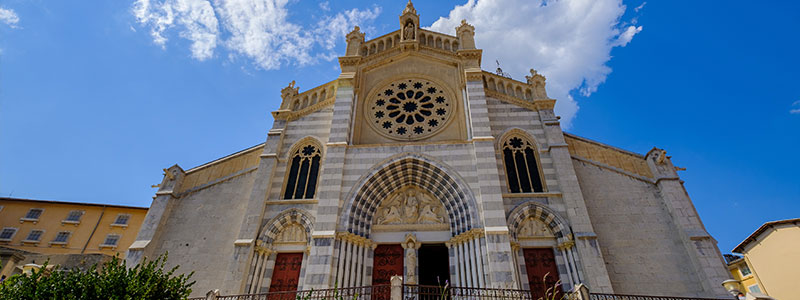
This ancient town is where the Romans once came to bathe – hence the name Digne-Les-Bains – and is also well-versed in fragrant lavender production. Architectural highlights include the 13th-century Romanesque Notre-Dame-du-Bourg, though this is outshone by the later Saint Jerome Cathedral. The bishops ordered its construction in 1490, but constant tinkering and additions mean that much of what you see today is from the late 19th century. It’s a national historical monument and open every afternoon for visitors.
Route Napoléon
Stop 7: Citadelle des Sisteron 7/12
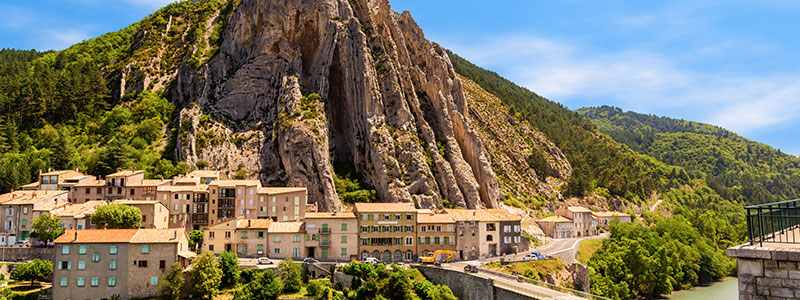
Sisteron is a quaint town that has earned itself the nickname ‘Pearl of Upper Provence’. That’s partly down to the narrow old streets and the stone bridge that arches over the Durance river. But dominating the town is the citadel, sitting on the site of an earlier Roman settlement. While it has been restored since suffering damage in World War Two, there are still elements of the 11th-century original – as well as a Napoleon museum that commemorates his journey through here.
Route Napoléon
Stop 8: Parc National des Ecrins 8/12
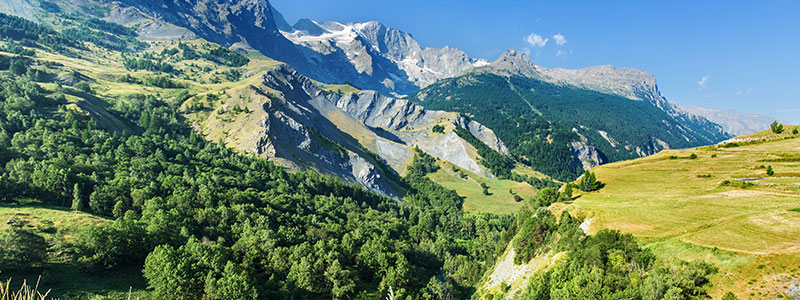
A brief diversion from the Route Napoléon proper, Parc National des Ecrins is one of France’s most majestic places. This is the country’s second biggest national park, encompassing the communes of Gap, Briancon and Bourg d’Oisans in its rustic, green lands. The mountain range boasts more than 100 peaks, as well as dozens of sparkling glaciers and lush alpine meadows. Leave the car nearby and explore the sprawling hiking trails that cater for all abilities, breathing in that fresh Alpine air.
Route Napoléon
Stop 9: Laffrey Lake 9/12
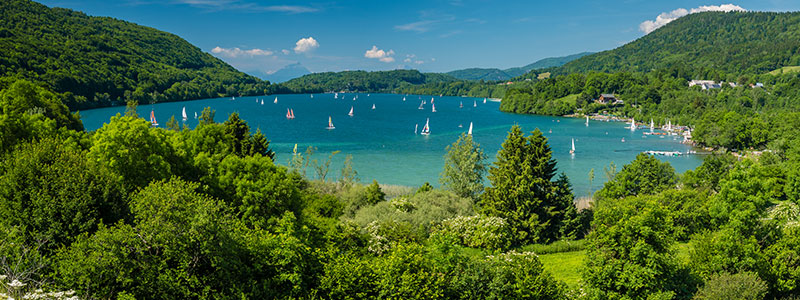
After passing over Col Bayard, through Corps and La Mure, Laffrey awaits with its serene lakes. There are four in all – Lac de Pierre-Chatel, Lac Mort, Lac Petichet and the largest of them all, Lac de Laffrey. Find a quiet spot to paddle or picnic, while you can also rent local equipment and make a splash with some water sports. Flanked by verdant green valley on all sides, there are few better ways to spend your time than taking a small sailboat out to the center of the lake.
Route Napoléon
Stop 10: Station de Chamrousse 10/12
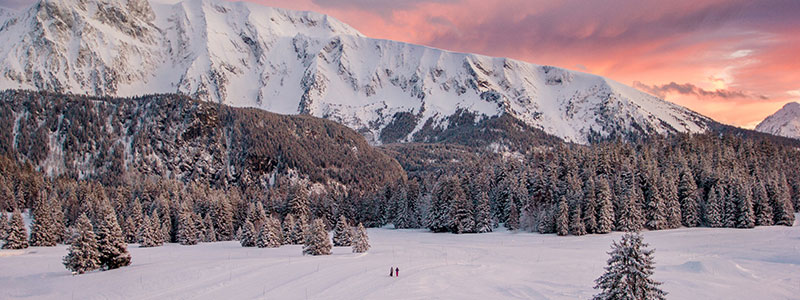
Give into the lure of the snow-capped Alps and pay a visit to Chamrousse. This notable ski resort hosted the Winter Olympics in 1968 and has been delighting skiers with its downhill runs for even longer. Slopes range from beginner to challenging, and there are also cross-country routes, a sledging park, snowshoeing, ice driving and snowmobiles for hire. In winter, it’s the epitome of a wonderland – in summer, it’s the perfect place for biking, walking and climbing.
Route Napoléon
Stop 11: Chateau de Vizille 11/12
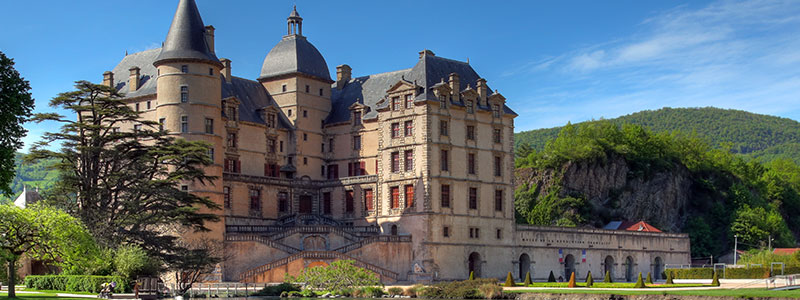
Sitting to the south-east of Grenoble, the picture-perfect Chateau de Vizille played a significant role in French history. Admire the splendor of the construction, the ornamental lake and landscaped gardens, and treat the kids to an afternoon in the animal park where deer, stags and peacocks roam free. Inside, the Museum of the French Revolution charts the late 18th-century meeting that took place here – the Assembly of Vizille – which is considered to have been one of the first acts of the uprising.
Route Napoléon
Stop 12: Musée de Grenoble 12/12
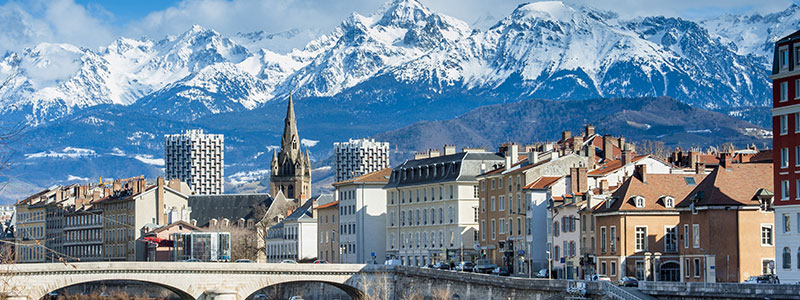
With its Alpine backdrop and the flowing Isere river, Grenoble is arguably the prettiest of all the French cities – and it’s here that Napoléon’s epic journey drew to a close before his triumphant return to Paris. The Grenoble Museum collects some eight centuries of art history under one roof. Stroll past Rubens and Delacroix before being pulled into the modern age by Picasso, Warhol and Matisse.


